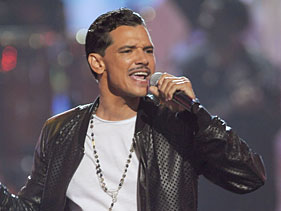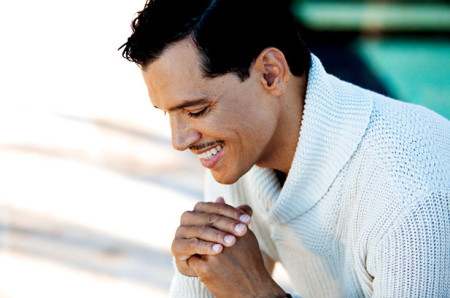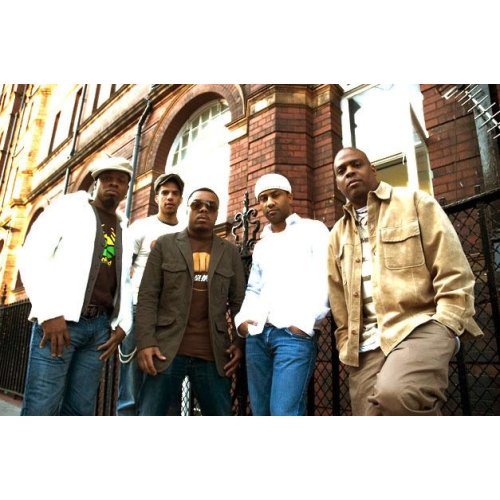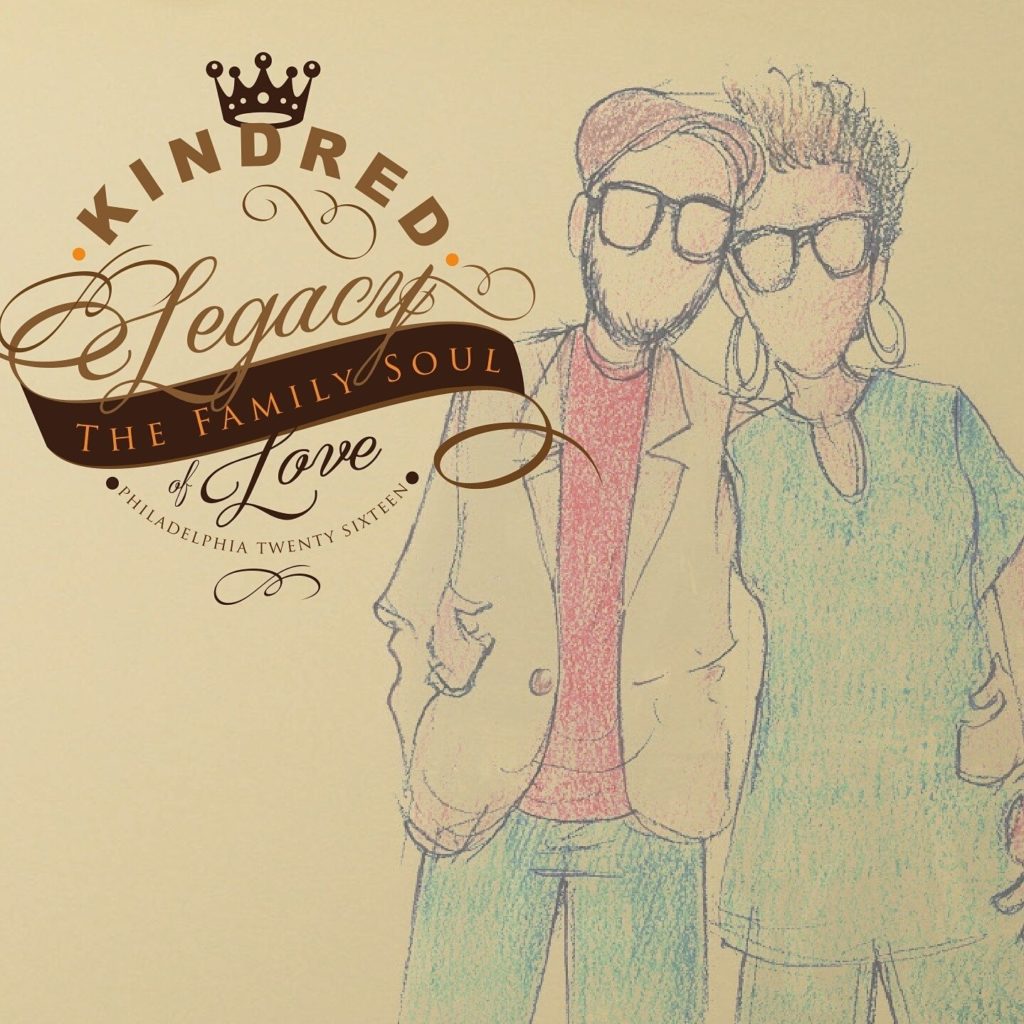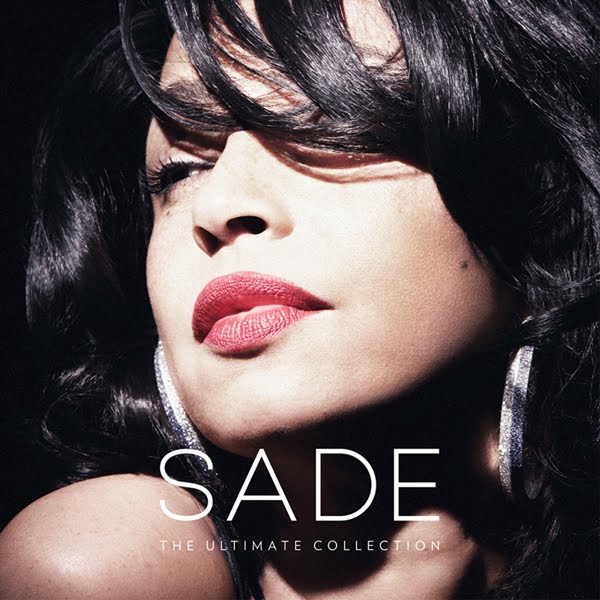A 2010/2011 look back at one of the most rewarding and exciting chats I ever had, my published one-on-one interview with El DeBarge. Granted, it took months and months to get the precious few minutes that I did, but it was worth the time and effort to earn that dream Q&A with one of my all-time teen idols and favorite performers. Today he’s still in the midst of his addiction, but I still wanted to share how kind, sweet and humble this pioneering musician was to me and how I’m STILL a huge fan. Stay strong and keep keeping on El, mad love for you Brother!
A new CD, a new beginning and a new appreciation for life.
It’s been a turbulent couple of decades for El DeBarge, years plagued with arrests, addiction and incarceration that threatened to silence the music indefinitely. It’s not often that a performer from the 80’s-era gets an opportunity to reclaim the charts again, but as he prepares for the release of his fifth CD, Second Chance, and a nationwide tour, the singer, songwriter and musician believes that the worst is over and that the best is yet to come.
“As you can see, my story hasn’t changed,” says the 49-year-old by phone from his home base of Los Angeles. “After all I’ve been through, it’s still about love. I didn’t come back with a callused heart or with chips on my shoulders. I’m more grateful than I’ve ever been, and I love the fact that my fans still want to hear from me.”
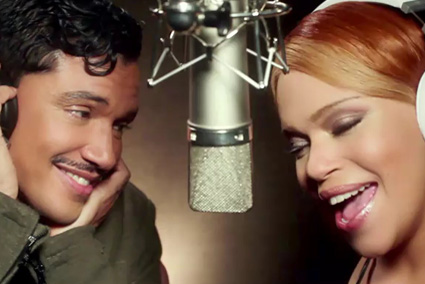 Longtime admirers and those who are rediscovering Mr. DeBarge should enjoy Second Chance, a crisp and contemporary collection of songs that showcases his lyrical prowess, melodic three-octave range and his collaborations with some of the industry’s hottest producers (Babyface, Jimmy Jam & Terry Lewis, Mike City and the Avila Brothers, Ron Fair and Michael Angelo), along with appearances with Faith Evans and rappers Fabolous and 50 Cent.
Longtime admirers and those who are rediscovering Mr. DeBarge should enjoy Second Chance, a crisp and contemporary collection of songs that showcases his lyrical prowess, melodic three-octave range and his collaborations with some of the industry’s hottest producers (Babyface, Jimmy Jam & Terry Lewis, Mike City and the Avila Brothers, Ron Fair and Michael Angelo), along with appearances with Faith Evans and rappers Fabolous and 50 Cent.
Instead of discarding his traditional style, Mr. DeBarge adds crisp and contemporary edges and sounds as smooth as he did when he debuted in the 1980s with the family band. Responsible for writing all but four of the fifteen tracks, El says that after wrestling with some initial self-doubt (“drugs did that to me, they took my confidence away”), he plunged immediately into the recording process and was buoyed by the support of his family and the team around him.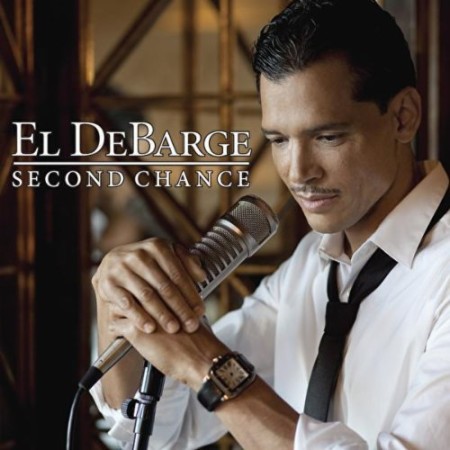
“My family and my kids love the album: they were like, ‘God Dad, I really can’t believe it, your CD really sounds good and it doesn’t suck!’” He laughs. “I listen to this album everyday myself and I’m hearing what a magnificent job all of these producers did. I worked with some musical geniuses, those cats are great. Just stepping back in the studio with them again was awesome. I felt like a kid in an amusement park, I was just cheesin.’ Everybody wanted me to open my mouth and just sing, to just be me. Jam and Lewis, Mike City, Babyface, all of them said ‘just get the mic and do your thing. We don’t want to tell you what to do, just do you.’
The only thing that was hard was getting my confidence back: I was the last one to know that it was still on and poppin.’ I was thinking ‘maybe I don’t have it anymore.’ But every time I did a song, people told me ‘Man, that’s bad.’” And his peers? “50 Cent came to the private listening party, and he was like, flabbergasted. From the first song to the last, he sat next to me and was critiquing me on everything. He said ‘Man, this album is great. You did a good job, welcome back.’ And he gave me a hug. I didn’t try to do anything other than just be me. It was like riding a bicycle again: once I started doing it, things just came naturally. I didn’t have to think about it anymore and I was just gone, man.”
Ironically, the songs that El considers his favorites are those that echo a bit of his past, such as the flirtatious up tempo, “5 Seconds,” which interpolates a bit of the often-sampled 1980s hit, “Stay With Me.” “I played it on the piano and was grooving off of the bridge, we just changed the story around,” he chuckles. “As for ‘Joyful,’ when I was writing that song, I kind of felt like Bobby was in the room…it just came out like something he would write,” he says of his late brother, who was the lead singer of the 1970s Motown group Switch and penned soul classics like “I Call Your Name” and “There’ll Never Be” before eventually succumbing to drug addiction and dying of AIDS-related complications in 1995. “His influence has always been on me. He’s a great mentor of mine, from my singing, to playing the piano, my writing and producing style…he’s my big brother and he brought me into the game, you know?”
The song is also close to El’s heart because it represents him turning a corner in life, embracing his inadequacies rather than wallowing in them, a tendency that led to jail time for a domestic dispute and bouts of drug abuse (he was jailed for possession in 2008). Second Chance is more than just a collection of new music to the performer: it encompasses his new mantra and puts melody behind a movement, one that anyone at any age can lay claim to.
“I really want people to listen to “Joyful,” because it explains a lot of what I’ve been through. ‘I’ve learned to embrace the struggle, it’s joyful feeling the pain again.’ What I mean by that is that the painful thoughts of what you think you’re going to run into when you step out there, feeling like you may not win, all of that, it means you’re alive. Don’t be afraid to lose. Just go with it, move on and do it. The only thing that’s stopping you is you.”

